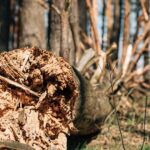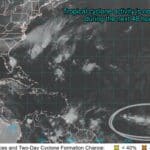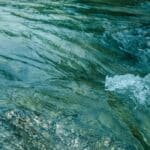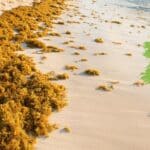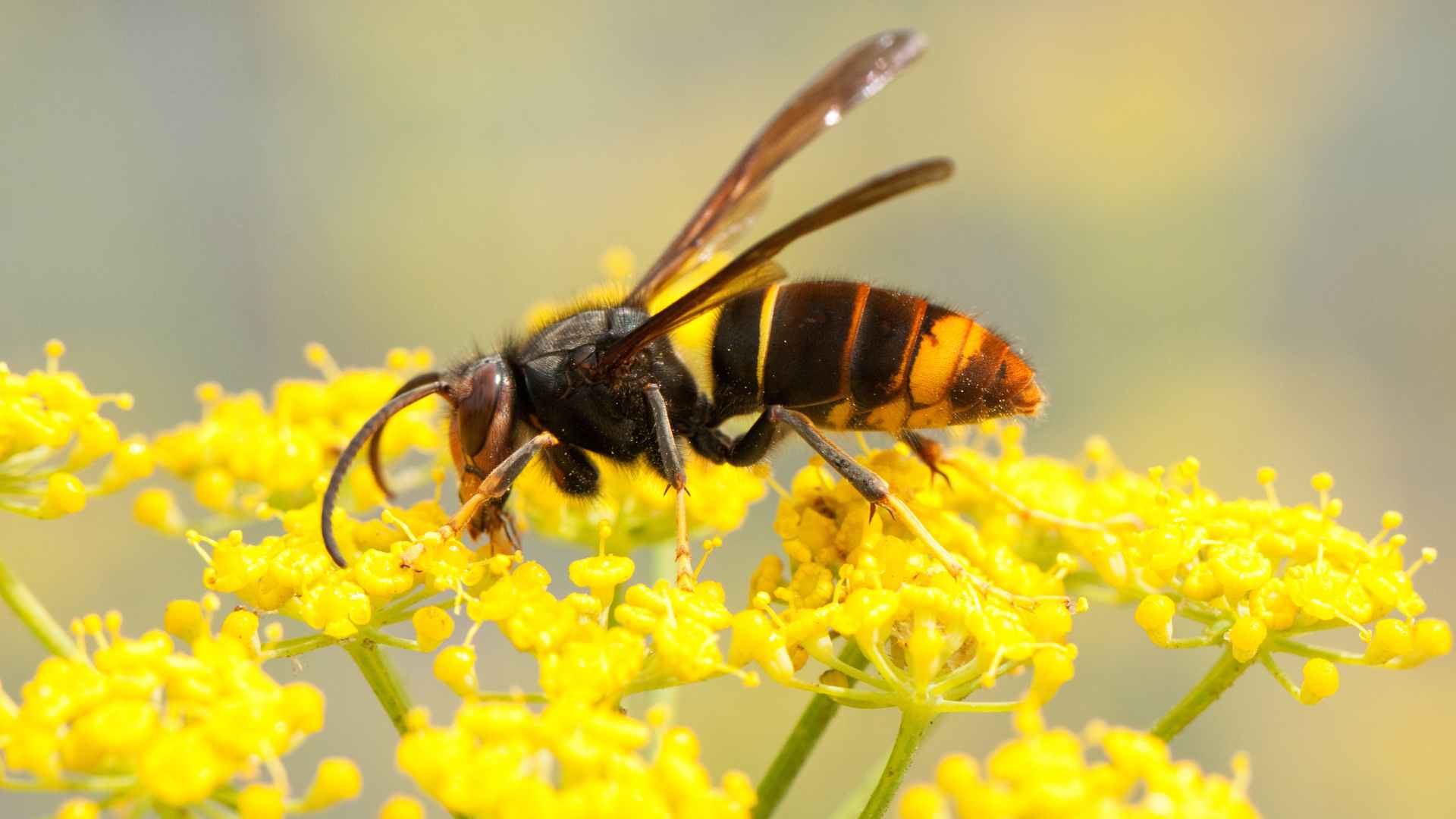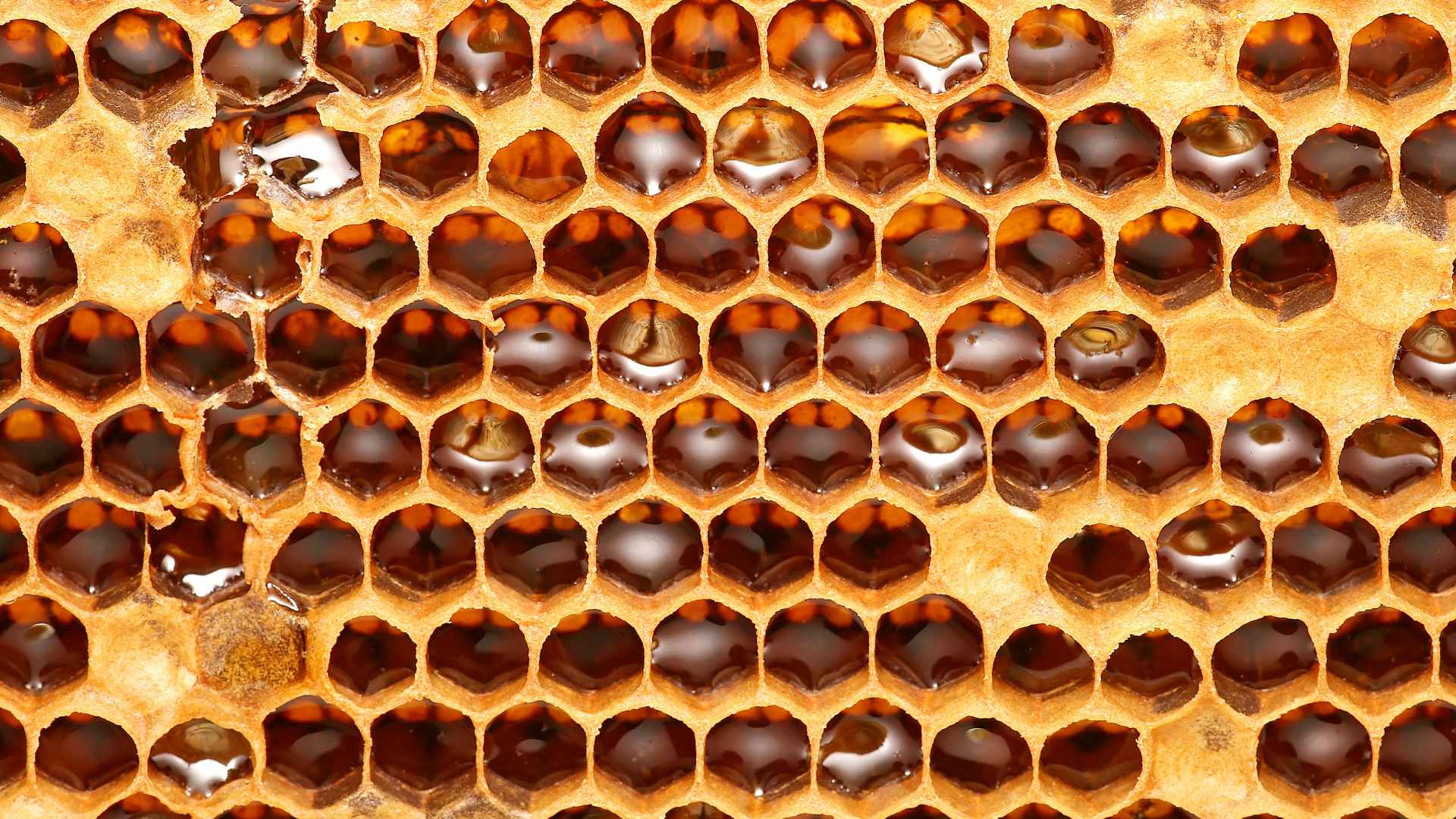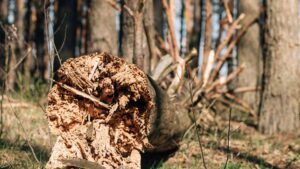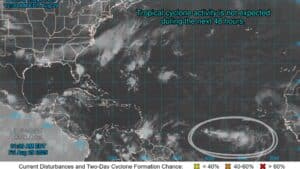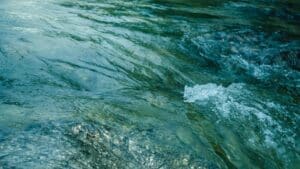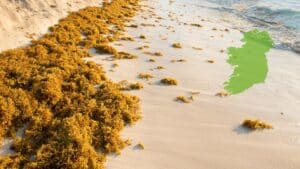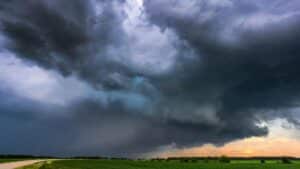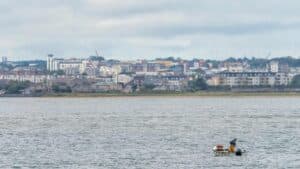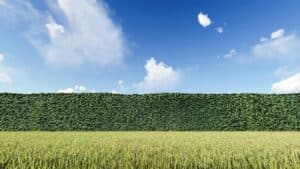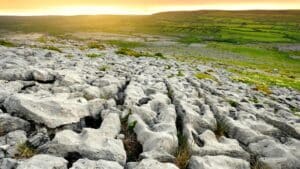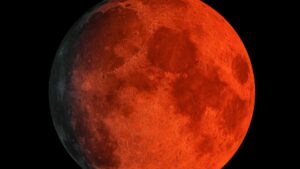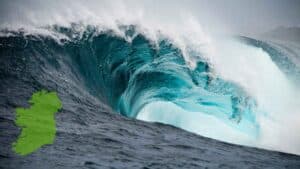
Loop Head Becomes Hotspot for Basking Shark Activity
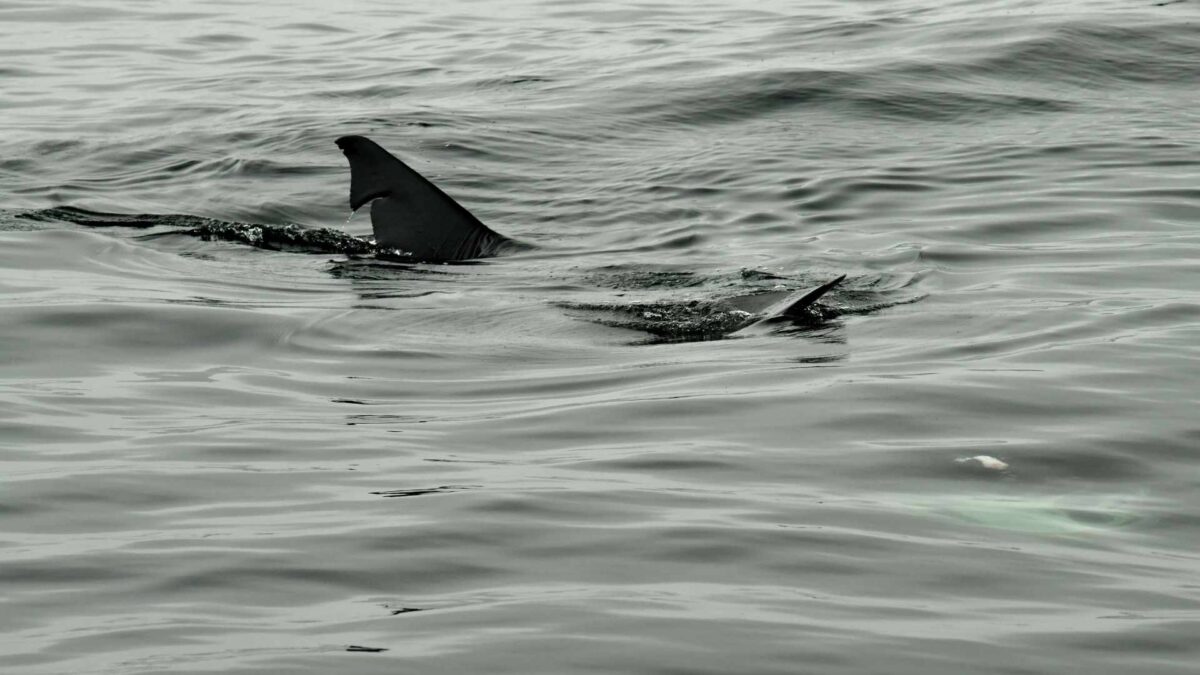
Basking sharks were observed off the coast of Loop Head, County Clare, in August, forming large aggregations and exhibiting unusual behaviours.
Earlier in the year, sharks were spotted feeding along Ireland’s west coast, but the recent sightings show them interacting in groups known as toruses. Researchers believe this may be related to courtship, although no mating has been recorded.
Sharks were also seen breaching the water. The cause of this behaviour is not confirmed. Some researchers suggest breaches may help remove parasites such as lampreys, while others propose it may be a form of communication.
The basking shark (Cetorhinus maximus) is the world’s second-largest fish, reaching lengths of 6 to 12 meters and weighing up to four tons. A gentle giant, it feeds by swimming slowly with its massive mouth open, filtering plankton and small fish through its long gill rakers. Found in temperate oceans worldwide, it is often seen near the surface in summer, including off Ireland’s west coast. Basking sharks are generally solitary and harmless to humans. They give birth to live young, usually six to ten pups per litter. Once heavily hunted, they are now classified as endangered and are protected in many regions, with sightings monitored to aid conservation efforts.
The Irish Whale and Dolphin Group (IWDG) conducted observations from cliffs, recording the timing and location of breaches. Field teams on a rib, including Dr. Nick Payne and PhD student Hayley Ní Chonaill, collected slime and water samples. These provide DNA for individual shark identification and environmental DNA to detect other species in the area.
Basking sharks remain endangered under the IUCN due to historical fishing, slow recovery, and ongoing threats from fisheries and bycatch. They are legally protected in Irish waters under the Wildlife Act from hunting, injury, and disturbance of breeding and resting areas.

The IWDG advises caution around basking sharks, which, despite being non-aggressive, can cause serious injury or damage to vessels due to their size. Members of the public who captured images or videos of the sharks are encouraged to share them with emilie.deloose@iwdg.ie.
For more information on basking sharks, visit www.baskingshark.ie.
Share this WeathÉire story: